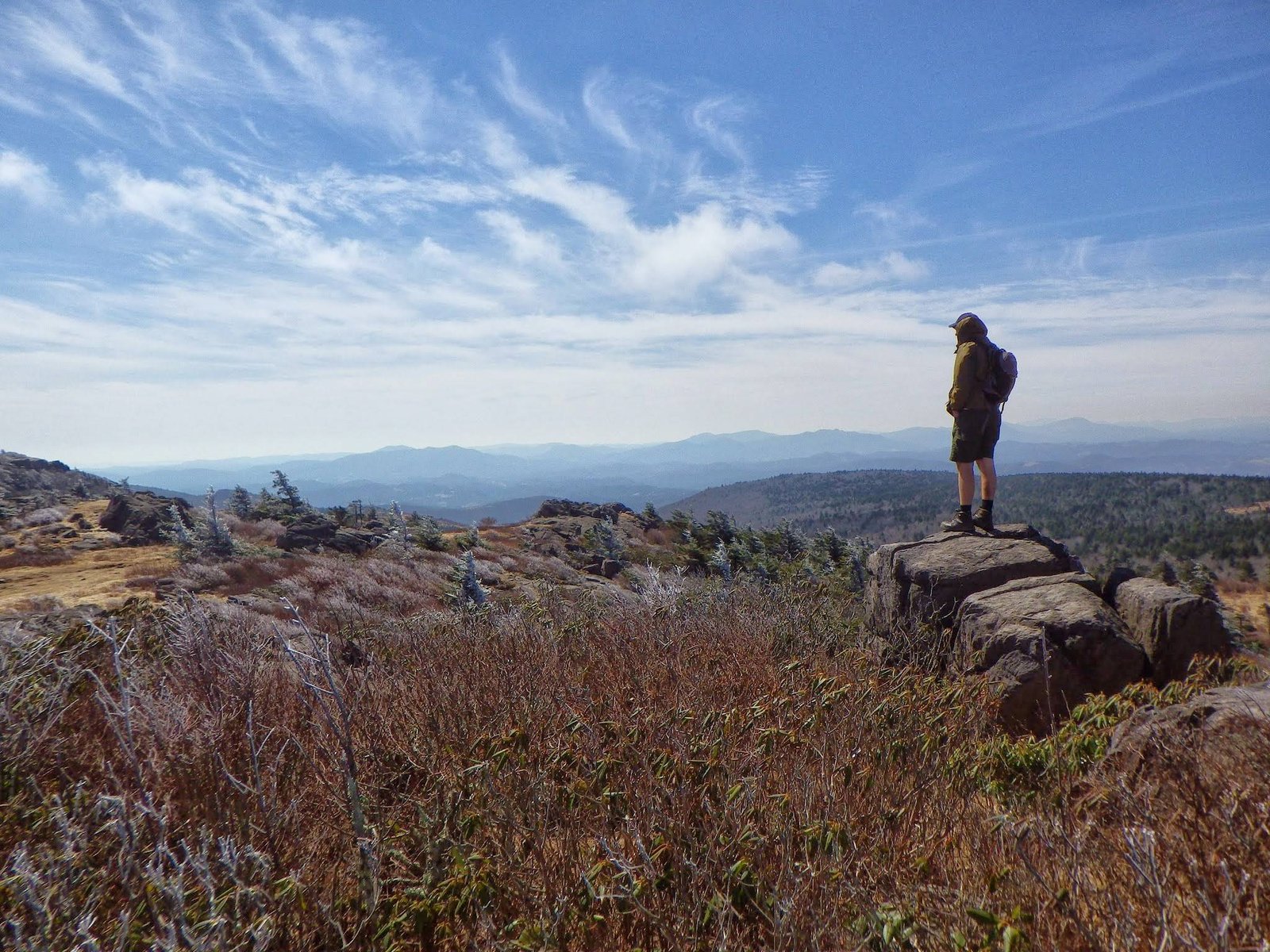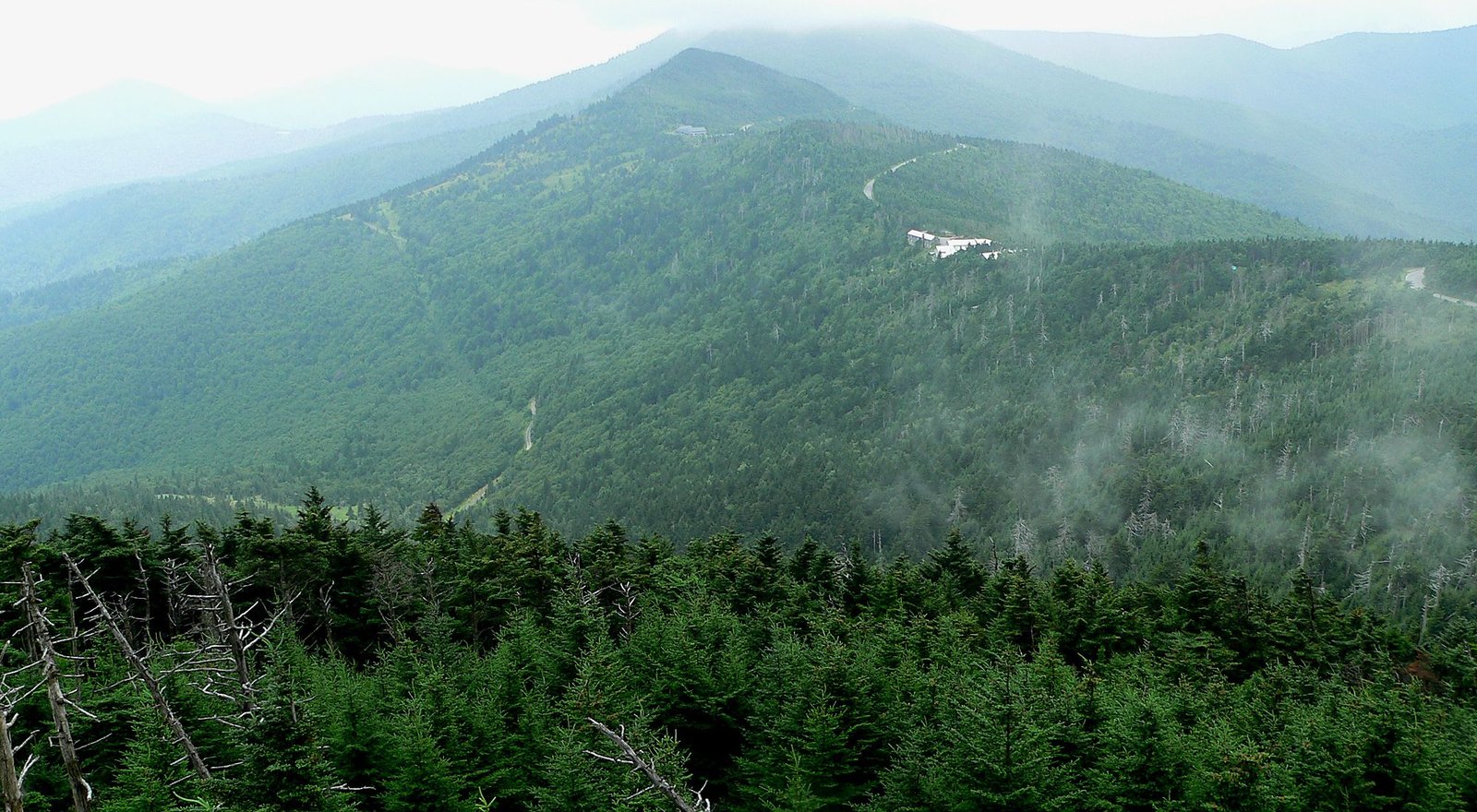Hut to hut Appalachian Trail hiking in the White Mountains offers adventurers a unique alpine experience, connecting eight high-elevation mountain huts managed by the Appalachian Mountain Club. Hikers can traverse challenging terrain, enjoy breathtaking mountain landscapes, and experience comfortable overnight accommodations nestled between 2,635 and 5,014 feet elevation, providing an unparalleled wilderness journey through New Hampshire’s most rugged mountain range.
What Makes Hut to Hut Appalachian Trail Unique?

The hut to hut Appalachian Trail experience in the White Mountains represents a distinctive backcountry adventure that combines challenging hiking with structured mountain hospitality. Unlike traditional backpacking, these routes offer hikers guaranteed shelter, meals, and community in remote alpine environments.
What Are the Mountain Hut Locations?
The Appalachian Mountain Club manages eight strategic mountain huts along the trail:
| Hut Name | Elevation | Distance from Trailhead |
|---|---|---|
| Zealand Falls | 2,635 ft | 2.7 miles |
| Lonesome Lake | 2,775 ft | 1.5 miles |
| Mizpah Spring | 3,793 ft | 2.6 miles |
| Carter Notch | 3,290 ft | 3.7 miles |
| Greenleaf | 4,200 ft | 2.8 miles |
| Lakes of the Clouds | 5,014 ft | 2.9 miles |
| Galehead | 3,777 ft | 4.5 miles |
| Madison Spring | 4,795 ft | 3.6 miles |
How Do Hut Accommodations Work?

Amenities and Services
- Warm bunk beds
- Home-cooked meals (dinner and breakfast)
- Cold running water
- Bathroom facilities
- Educational lectures by hut staff (“croo”)
Booking and Costs
- Reservations required in advance
- Average cost: $178 per person per night
- Includes accommodation, dinner, and breakfast
- Peak season requires early booking
What Are the Trail Challenges?
Physical Demands
Hiking the hut to hut Appalachian Trail presents significant challenges:
– Steep, rocky terrain
– Limited switchbacks
– Average hiking speed: 1.5-2.5 miles per hour
– Elevation gains ranging from 714 to 3,538 feet
Weather Considerations
- Best hiking seasons: Summer and early fall
- Unpredictable alpine weather
- Potential rapid temperature changes
- Above-treeline sections require careful navigation
What Equipment Should Hikers Bring?
Essential Gear
- Lightweight backpack
- Waterproof hiking boots
- Layer clothing system
- Navigation tools (maps, compass)
- Water filtration system
- First aid kit
- Emergency shelter
How to Prepare for the Hut to Hut Journey?
Training and Fitness
- Build cardiovascular endurance
- Practice hiking with weighted backpack
- Develop strength training for mountain terrain
- Learn basic navigation and wilderness skills
Navigation Resources
- National Geographic White Mountain Maps
- AMC Trail Maps
- GPS devices
- Smartphone hiking apps
What Are Transportation Options?
- AMC shuttle services available
- Trailhead parking for backpackers
- Shuttle connections between different trail sections
- Recommended advance planning for transportation logistics
Safety Recommendations
- Check weather forecasts regularly
- Inform someone about your hiking itinerary
- Carry emergency communication device
- Understand personal fitness limitations
- Follow Leave No Trace principles
Reference:
– AMC High Mountain Huts
– White Mountain Hiking Guide
– Appalachian Trail Conservancy

